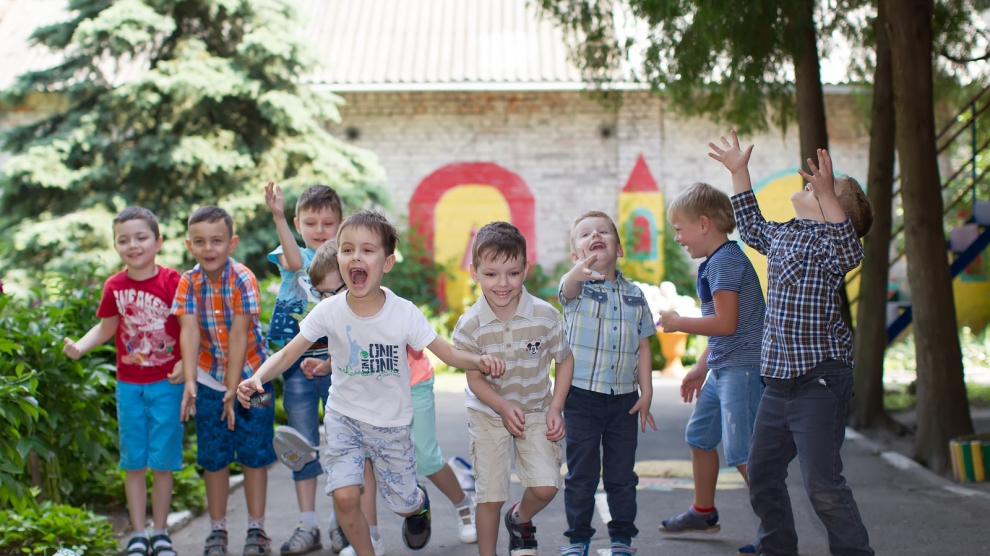The World Bank has approved a 33.4 million US dollar loan to help advance social protection and early childhood education and care (ECEC) systems in Macedonia. The Social Services Improvement Project will help address the challenges that are particularly associated with social exclusion of vulnerable groups and the low quality and fragmentation of ECEC and social services.
“This project will increase the social inclusion of the most vulnerable people in the country, through a well-targeted system of expanded social service delivery,” said Marco Mantovanelli, the World Bank’s country manager for Macedonia. “Additionally, by investing in early childhood education and care, Macedonia is investing in its future. This project will improve school readiness, which is vital to life-long skills development and to strengthening the competitiveness of the country’s economy in the long term.”
The project will have a comprehensive approach, including expanding of the supply of social and ECEC services, improving access to a range of benefits and services, and enhancing social and child protection service delivery. The project is also expected to increase performance standards in terms of quality, timeliness, and quantity of services provided. This combined approach will improve the integration and inclusion of the vulnerable population.
“Grants for infrastructure will be available through the project and approximately 7500 new preschool spaces will be created in both urban and rural areas,” said Marina Petrovic, World Bank senior social protection specialist and task team leader for the project.
“Expanding access to services will mean paying attention to quality as well, so the project will also include strengthening of the teachers’ competencies and capacities and developing materials for age appropriate education,” added Bojana Naceva, senior education specialist and co-task team leader of the project.
Direct beneficiaries of the project will include social welfare beneficiaries (cash transfer recipients) and other vulnerable adults and children entitled to social services, as well as administrative staff at the government and municipality level, and other entities involved in service provision. The project will support quality early learning for preschool children (three – six years old) and their families and support the transition into primary education, with a focus on children from vulnerable groups and children with a disability. Also, all children aged up to six years across the country are expected to benefit from improved parenting and care at home. Finally, school teachers and staff, and staff in social service institutions and preschools will also benefit from simplified and more efficient administrative procedures and new or newly refurbished work spaces.
The Social Services Improvement project will be implemented over a period of five years. The key implementing agency of the project will be the Ministry of Labour and Social Policy, in close collaboration with the Ministry of Education and Science as the lead for the quality dimension of the Early Childhood Education and Care component, as well as with the Ministry of Finance.






Add Comment